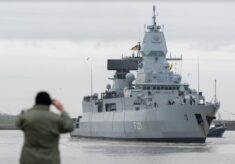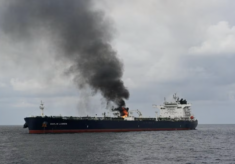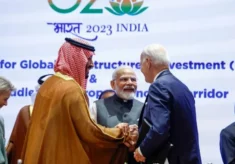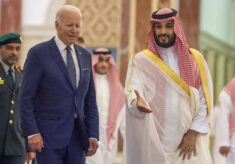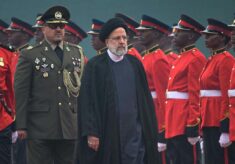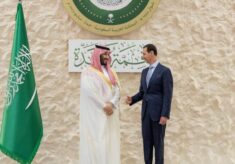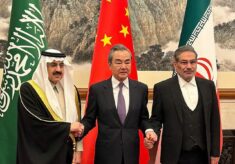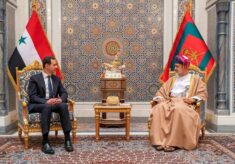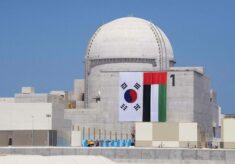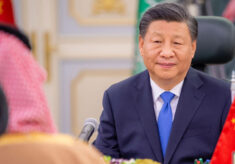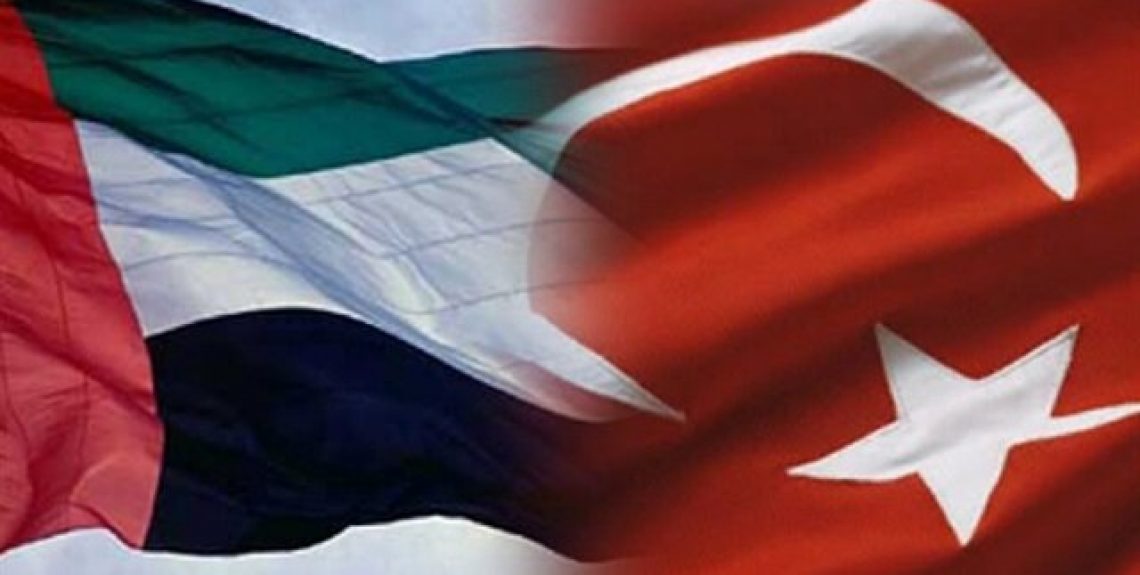Turkey has step up geopolitical efforts in the Gulf of Aden subregion to strenghten its economic leverage, as part of a Turkish broader maritime strategy amid the Mediterranean Sea, the Red Sea and the Western Indian Ocean. Ankara’s interest for off shore oil drillings (Somalia) and civilian infrastructures as ports and airports (Yemen) signals this ambitious strategy.
This trend has implications for the relationship between Ankara and the Gulf monarchies. This is especially true for the United Arab Emirates (UAE), who already perceive Turkey as a direct competitor given Abu Dhabi’s interests in Yemen, Somaliland, Puntland and the enduring Turkey-Qatar alliance, as emerges from the media coverage offered on the issue by Emirati media.
On the 2nd of December 2019, Yemen’s internationally-recognized Transport Minister, Saleh Al Jabwani, announced he had reached a deal with his Turkish counterpart in Istanbul to establish a joint committee to develop transport infrastructures in Yemen [Ali Mahmood, “Yemen government denies plan to hand ports to Turkey”, The National, January 10, 2020]. But later, the recognized government issued a statement to deny the agreement, remarking that this had not to be intended as the official Yemeni government position, but as a personal view. Previously, a delegation of the Yemeni Islah party (comprising the Muslim Brothers and part of the Salafis) had reportedly visited Turkey, received by prominent figures of the ruling AKP party.
In Yemen, Turkey’s increasing geopolitical effort in the Aden subregion is likely to outreach the Islah component of the internationally-recognized government who reluctantly accepted the “Riyadh agreement” (November 2019) allowing the UAE-backed secessionists of the Southern Transitional Council (STC) to enter the institutions. Moreover, the main oilfields of Yemen (in Mareb, Shabwa and the northern area of Hadhramawt) are currently held by government forces tied to Islah.
On January 2020, Somalia invited Turkey to explore offshore oil fields in its waters [Reuters, “Erdogan says Somalia has invited Turkey to explore for oil in its seas: NTV”, January 20, 2020], since the country opened its first-ever licensing round for up to 15 oil/gas blocks.
Turkey has been developing, according to different perspectives, a “triangle of peace” [Yeni Şafak, “Turkey’s ‘triangle of peace’ crucial for stability in Sudan, experts say”, April 15, 2019] or a “string of pearls” [Michael Tanchum, “Turkey’s String of Pearls: Turkey’s Overseas Naval Installations Reconfigure the Security Architecture of Mediterranean-Red Sea Corridor”, Austrian Institute für Europa-Und Sicherheitspolitik, 4/2019; Christina Lin, New-Ottoman Turkey’s ´String of Pearls´, Asia Times, October 14, 2019] amid Qatar (2017, permanent military base), Sudan (2017, dual-use concession for Suakin island in doubt after Omar Al Bashir’s fall) and Somalia (2017, military base for training in Mogadishu).
This triangle of influence connects the Gulf with the Horn of Africa: Yemen stands in the middle.
For this reason, Yemen’s coastal infrastructures represent a potential linchpin for the maritime and commercial ambitions of Ankara.
This looming geopolitical struggle is the third maritime front that Ankara and the Abu Dhabi-Riyadh alliance play one against the other, after the open rivalry in Libya and also in Cyprus. In all the cases, the crossed competition is about energy resources, infrastructures; and it triggers implications for Gulf balances.
